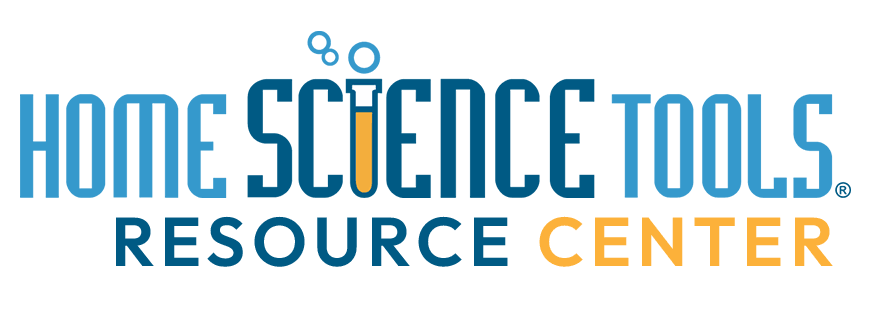Common Core Homeschool Curriculum
The goal of Common Core is to standardize how children across the United States learn. The focus is primarily on math and reading and writing English. Adopting Common Core in homeschooling helps prepare children for higher education.
Universities expect many students to come equipped with the skills they learned in the Common Core curriculum. Students unfamiliar with Common Core principles may find transitioning to an exam-heavy environment difficult.
One way to help prepare children for college life is by utilizing homeschool science curriculums at high school levels. Our science curriculums here at Home Science Tools emphasize a hands-on experience so students young and old can see science happen before their eyes.
Benefits of Common Core
The primary benefit of adopting the Common Core curriculum in the home is it puts the child on the same level as any other student in the United States. Many former homeschoolers who later attend public school have difficulty fitting in with the rigid structure.
Similarly, those leaving traditional schooling may find the structure helpful and be lost when they transition to a more relaxed homeschool environment. Common Core can help ease the shift from traditional school into homeschooling and vice versa. Here are some additional benefits:
Structured Learning
In homeschool environments, this doesn’t necessarily mean teaching the exact same curriculum as a regular school. Rather, it is about creating a roadmap for progress that is both measurable and universal across educational institutions. With regular milestones and tests, students are less likely to be left behind. It also prepares them for future education.
Preparing for College
Students who want to pursue a degree in the field of their choice will have to attend higher education. Suddenly being thrust into an environment where learning is structured and tests making up a large portion of their grade can be daunting.
By adopting Common Core principles in the home and taking traditional exams, students are better prepared for university life. For parents wanting their child to reach their full potential, teaching Common Core is extremely helpful.
Challenges of Common Core in a Homeschool Environment
A struggle many parents of homeschooled children have is understanding the material.
Common Core introduces novel ways to teach children scientific, mathematical and other concepts. However, this teaching style may differ from how the parents learned a subject when they were young, especially if they attended a religious institution. (Common Core itself is a secular system, so certain parents may wonder what secular homeschooling is.)
This clash of educational styles can confuse students and parents if the materials don’t offer alternative methods of explanation. Parents are advised to seek additional resources to understand how Common Core is taught and adapt their teaching style accordingly.
Additionally, the structure of Common Core lessons combined with tests to measure progress can take the fun out of homeschooling and negate the benefits afforded by a typically relaxed homeschool environment. The goal is to find a way to teach in a way that is conducive to how your child learns.
Should We All Switch to Common Core?
It all depends on what your child plans on doing in the future. A student interested in arts or hands-on work such as trades like carpentry may get little from a four-year diploma. These students don’t necessarily need to take exams or have a rigid class structure.
On the other hand, for any would-be engineers, doctors, or business executives, college is a necessity. The structure of Common Core lessons will likely prepare learners better for the demands of university courses.
Many universities can also grant admission based on test scores, such as the SAT and ACT. Learning based on the Common Core system is helpful in preparing students for these exams and university life. Parents and students may ask, “Does homeschool curriculum need to be accredited?” The answer is no. Still, parents should be prepared with an extensive list of classes taken at home and the curriculum taught. These can be used as evidence of a well-rounded education.





